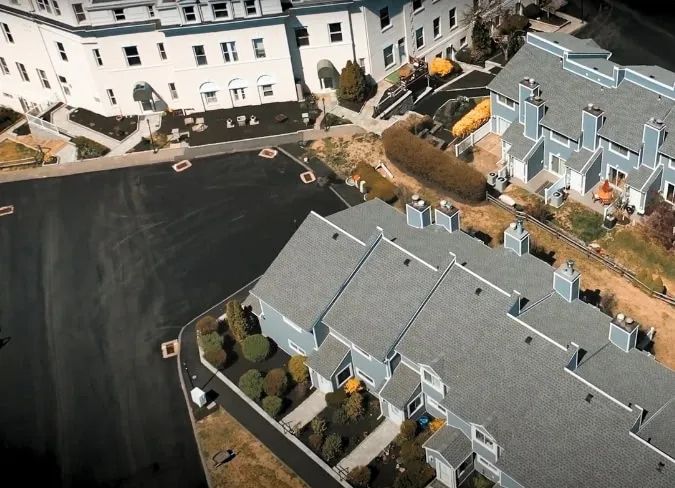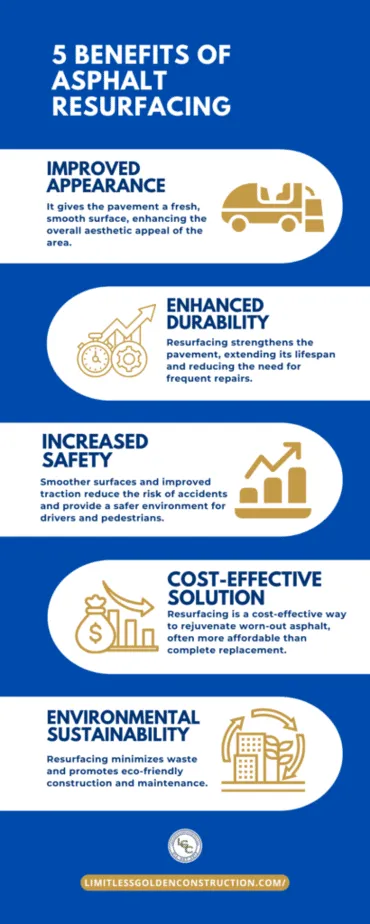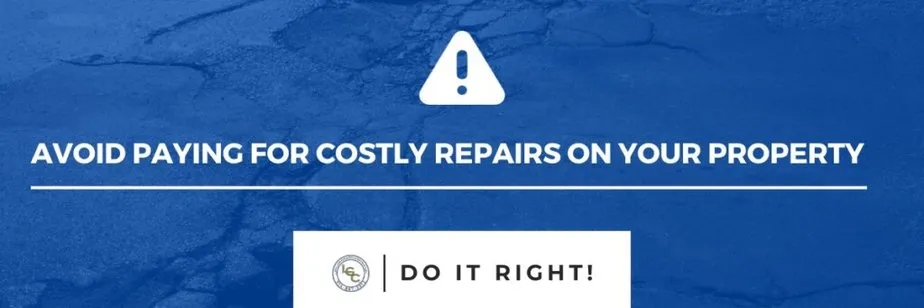Asphalt resurfacing is more than just a facelift for your driveway or pavement. It’s a critical component of maintaining safe, durable, and efficient roadways. This article explores the many functional benefits of asphalt resurfacing. From increasing safety to optimizing traffic flow and even contributing to sustainable infrastructure development.
What is asphalt resurfacing?
Asphalt resurfacing is also known as pavement maintenance or surface renewal. It involves removing the top layer of an existing asphalt surface and replacing it with a new layer. This process not only improves the appearance of the surface but also extends its lifespan and enhances its performance.
The process of asphalt resurfacing begins with a thorough evaluation of the existing pavement. This is done to identify any underlying issues such as cracks, potholes, or areas where water pools. Once these problems are addressed, the top layer of the asphalt is milled away. Thus, creating a smooth surface for the new asphalt overlay. This new layer covers imperfections and provides a robust, smooth surface that can resist daily use.
By applying advanced techniques and high-quality materials, asphalt resurfacing restores the pavement to its near-original condition. This significantly improves its functionality and longevity without the need for a complete rebuild. This method is cost-effective, environmentally friendly, and causes minimal disruption to traffic. Thus, making it an ideal solution for busy urban areas and highways alike.

Why is asphalt resurfacing essential for road maintenance?
Enhanced safety is a critical reason why asphalt resurfacing is essential. A worn-out road surface can lead to dangerous driving conditions. This increases the risk of accidents due to poor traction and visibility of road markings. By replacing the top layer, resurfacing restores road texture. Therefore, improving skid resistance and making the roadway safer for both drivers and pedestrians.
Additionally, this process allows for the correction of surface imperfections such as potholes and cracks. These, when left untreated, lead to more severe structural issues, further compromising the safety and integrity of the road infrastructure.
What are the Benefits of Asphalt Resurfacing?
Asphalt resurfacing offers numerous advantages, including enhanced safety, durability, cost-effectiveness, and aesthetic appeal. Here are some of the key benefits in more detail:
- Improved Traffic Flow: Smooth, even surfaces allow for better vehicular control and reduced travel time. Resurfaced roads eliminate bottlenecks caused by rough patches, thereby optimizing traffic flow and reducing congestion.
- Environmental Sustainability: Asphalt resurfacing is noted for its recycling capabilities. Old asphalt is often reused in the new mix, reducing waste and conserving natural resources. This method also lowers the carbon footprint compared to full road reconstruction.
- Economic Savings: Asphalt resurfacing helps municipalities and governments save on the cost of complete overhauls. It’s a cost-effective solution that maintains road quality and safety, without the hefty price tag of total replacement.
- Enhanced Property Values: Well-maintained roads contribute to the curb appeal and overall value of the surrounding properties. Asphalt resurfacing improves the aesthetic appearance of residential and commercial areas. Therefore, making them more attractive to residents, customers, and investors.
Hiring an expert team of contractors for asphalt resurfacing ensures the project is completed efficiently and to the highest standards. Contact us for a free quote and learn how our expert team can bring safety, aesthetics, and longevity to your pavements.

How does asphalt resurfacing contribute to enhanced safety on roadways?
Resurfacing helps to eliminate potholes, cracks, and other surface irregularities that can pose safety hazards. By providing a smooth, even surface, asphalt resurfacing reduces the risk of accidents and improves overall roadway safety.
Hiring an experienced contractor for asphalt resurfacing is crucial. Their expertise ensures the job is completed efficiently, effectively, and according to industry standards. Thus, guaranteeing the longevity and safety of the resurfaced roadways.
Furthermore, asphalt resurfacing plays a crucial role in improving the effectiveness of road markings and signage. Over time, the clarity of such markings can degrade due to weathering and wear. Thus, making them less visible to drivers and increasing the risk of accidents. The fresh layer of asphalt applied during resurfacing offers a stark, clean background, enhancing the visibility of road lines and symbols.
Additionally, resurfacing contributes to safety in numerous other ways; continue reading to discover them.
Durability and Long-Term Performance
Asphalt is great for its strength and durability. Resurfacing not only repairs existing damage but also provides a protective layer that helps to prevent future wear and tear. This makes asphalt resurfacing an excellent solution for maintaining the durability and long-term performance of your driveway or pavement.
Traffic Flow Optimization
A well-maintained road surface allows for smoother and more efficient traffic flow. By eliminating surface irregularities that can slow down vehicles, asphalt resurfacing helps to optimize traffic flow and reduce congestion.
Cost-Effective Solutions and Preventive Maintenance
Asphalt resurfacing is a cost-effective way of repairing asphalt driveways and other paved surfaces. By addressing minor issues before they escalate into major problems, it helps to avoid the need for more expensive repairs or replacement in the future.
Weather and Environmental Resistance
Asphalt is highly resistant to weather and environmental conditions. It can withstand extreme temperatures, heavy rain, and even snow, making it a suitable choice for varying climates.
Aesthetics and Community Impact
While the functional benefits are significant, we can’t ignore the aesthetic improvement that comes with a freshly resurfaced road. A well-maintained roadway contributes to the overall appeal of a community and can even enhance property values.

What environmental impact does asphalt resurfacing have, and is it a sustainable solution?
Asphalt is 100% recyclable, and many asphalt resurfacing processes incorporate recycled materials. This reduces the demand for new resources as well as minimize waste. This makes resurfacing a more environmentally friendly option compared to other materials.
In New York and Connecticut, sustainability regulations for asphalt resurfacing emphasize both the environmental impact and the imperative for green construction practices. Both NY and CT are at the forefront of integrating environmental sustainability into their infrastructure projects. They both mandate that asphalt resurfacing not only adheres to high-performance standards. Moreover, they contribute to the conservation of resources and reduction of waste.
Given the stringent sustainability regulations in states like New York and Connecticut, hiring a professional contractor for asphalt resurfacing ensures compliance with these environmental standards. Furthermore, a professional can delivering high-quality, durable results without you having to worry.
Asphalt resurfacing offers numerous benefits beyond mere aesthetics. From enhancing safety and durability to optimizing traffic flow and reducing environmental impact, it’s a cost-effective and sustainable solution for maintaining our roadways.
At Limitless Golden Construction, we’re proud to offer professional resurfacing services that deliver these benefits and more. Contact us today to learn how we can help you maintain your pavement in top condition.
